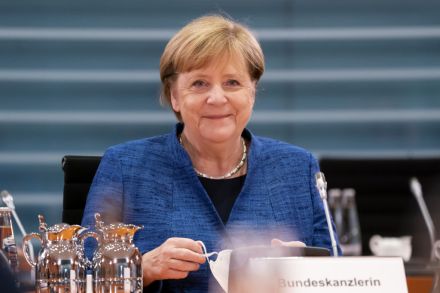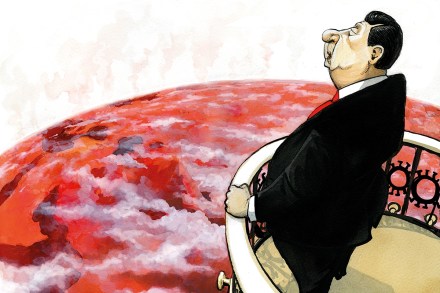Angela Merkel’s executive power-grab
Germany’s Social Democrats have remained quiet for months as their coalition partner, Angela Merkel’s Christian Democrats, have tackled this pandemic. But it seems as if some have had enough. Social Democrats are fed up with how the federal government has relied on decrees and executive orders during the epidemic, rather than using the proper legislative procedures. Critics believe Merkel and her cabinet have effectively neutralised Germany’s national parliament and now govern in whatever way they want. A law proposed by Merkel’s health minister Jens Spahn could be the straw that breaks the camel’s back. Spahn’s advisers have drafted an update to the Infection Protection Act – which has already given





















